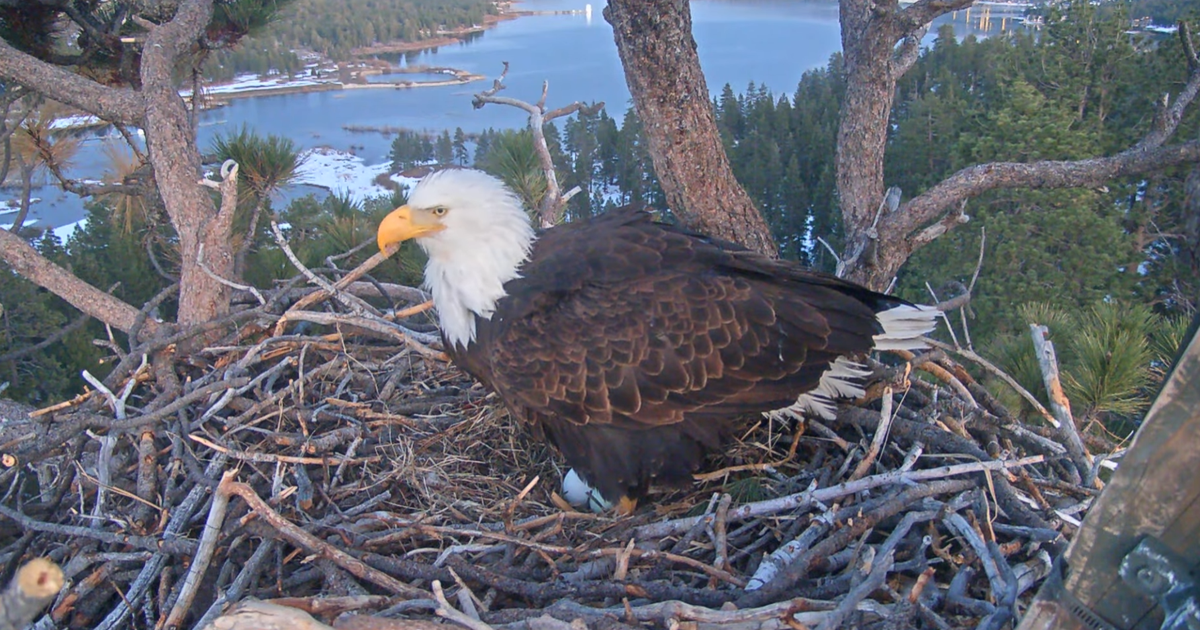Researchers find world's largest octopus garden off Monterey coast
MONTEREY – The world's largest octopus garden, in the shade of an extinct underwater volcano off the Monterey Coast, is where thousands of cephalopods gather to mate, nest and die.
The big mystery, until recently, was why.
It turns out that about two miles down, at the base of Davidson Seamount, there are thermal springs that help the deep-sea pearl octopus, which normally has an incredibly long incubation time, hatch its eggs much faster, according to a study published Wednesday in Science Advances.
More than 6,000 Muusoctopus robustus—nicknamed pearl octopus because they look like pearls against the dark ocean floor—were counted in part of the site and researchers believe there may be 20,000 or more at the teeming octopus nursery.
Other such sites have been discovered near Costa Rica, but researchers now say that the octopus garden off the Monterey Coast is the largest, and also the only one located along the U.S. coast.
Hydrothermal springs, where warmer water flows from the seafloor, make all the difference for female pearl octopus and their broods, according to the study by a team of researchers that includes San Jose State University's Moss Landing Marine Laboratories, the Monterey Bay Aquarium Research Institute, and the Monterey Bay National Marine Sanctuary.
The grapefruit-sized pearl octopus are cold-blooded and deep-sea temperatures normally slow their metabolism and the development of their eggs.
At a depth of more than 10,500 feet, the ambient water temperature is about 35 degrees. But water within the warmer cracks and crevices is about 41 degrees.
This whittles down the time for eggs to incubate to two years—often it takes more than double that.
"We tracked individuals from among the thousands at this nursery and discovered that eggs, which at those temperatures would be expected to take five years or longer to hatch, surprisingly hatched in less than two years," said Moss Landing Marine Laboratories and San Jose State University Assistant Professor Amanda Kahn.
The shorter brood period means fewer octopus embryos are injured or eaten by predators like shrimp, predatory snails and orange sea anemones, Kahn said.
In photos released by the researchers on Wednesday, the anemones can be seen lurking around the female octopus huddled over nests.
When researchers first came upon octopus at the location in 2018, most were upside down, inverting their arms and folding them around their bodies—a posture that showed the mother octopuses were protecting or brooding their eggs.
"The mothers waved their arms to circulate water among the eggs and swatted away scavengers trying to invade the nests," according to the research team.
The team, including biologists, ecologists, geologists, engineers, and conservation managers, monitored the site using high-tech tools to learn why the octopuses are attracted there.
Like most cephalopods, the pearl octopus is normally solitary and dies after reproducing.
Kahn was on the research expedition when the Octopus Garden was first discovered in 2018 and is a co-author of the study.
Normally, seeing one octopus on an expedition would be thrilling. "This was really exciting because it was live-streamed and the world discovered it with us," Kahn said Wednesday.
A community of invertebrates lives near nesting females, taking advantage whenever possible of unhatched eggs, vulnerable hatchlings and adult octopuses that have died.
"Thanks to MBARI's advanced marine technology and our partnership with other researchers, we were able to observe this unique hotspot of life on the deep seafloor in tremendous detail, which helped us discover why so many deep-sea octopus gather there. These findings can help us understand and protect other unique deep-sea habitats from climate impacts and other threats," said MBARI Senior Scientist Jim Barry, lead author of the new study.








